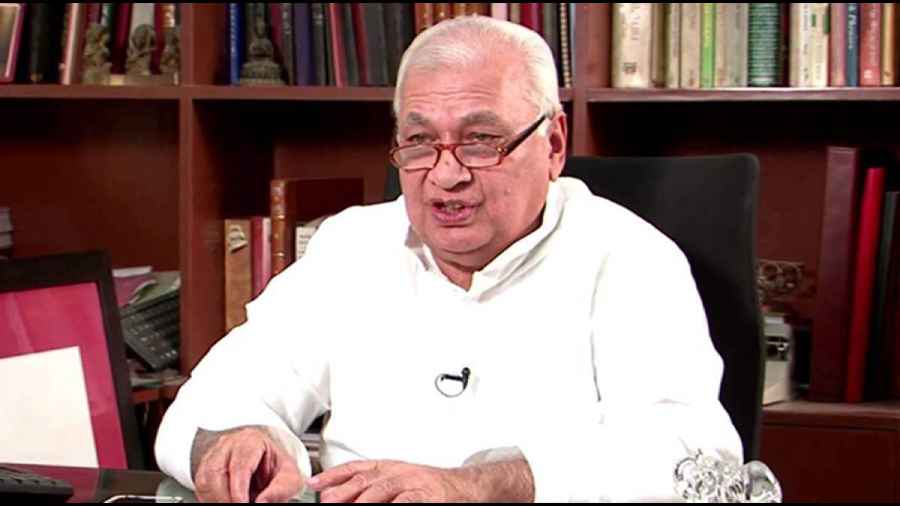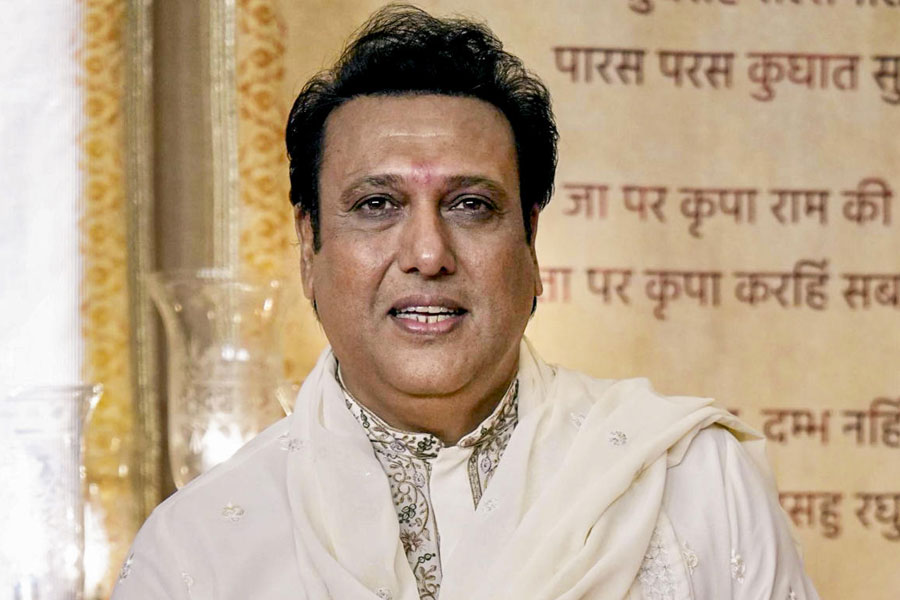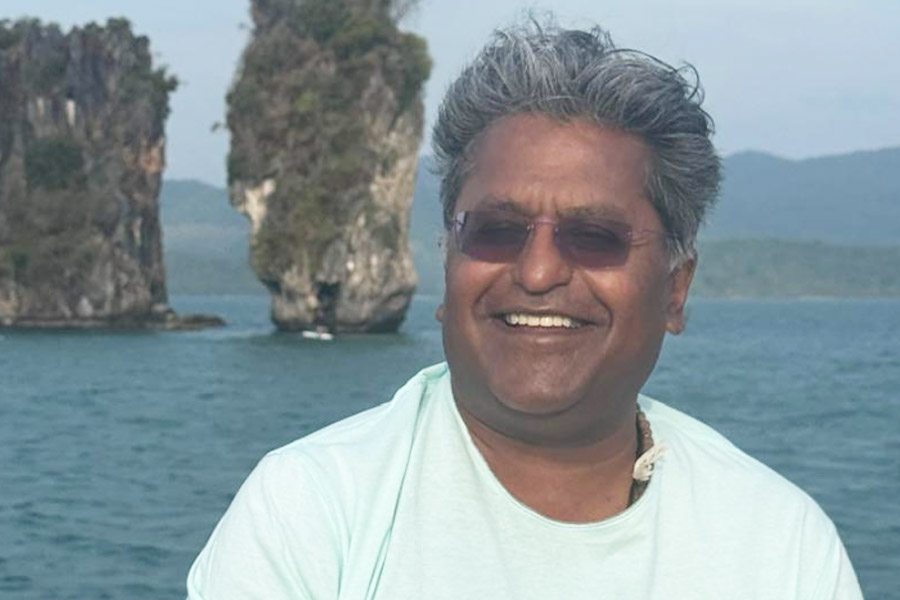Previously governors were not so colourful and so frequently in the news as in recent years. The colour they display nowadays is one, though, not many, and they are in the news for reasons best left unexplained. The Kerala governor, Arif Mohammad Khan, who fondly recalled his friendship with the Rashtriya Swayamsevak Sangh and inducted a Bharatiya Janata Party state committee member into his staff, entered into an altercation with the state government, and not for the first time. He asked the vice-chancellors of nine universities to resign, and added two more to the list later. Earlier, the Left Democratic Front government had passed a bill curtailing the powers of the governor as chancellor of state universities because of Mr Khan’s interventions in university appointments and other matters. Although Mr Khan changed his order so that the vice-chancellors have to explain how they can legally hold their posts, his actions are being seen as unbefitting his position. The governor should be above politics and untouched by the rights and wrongs of administrative affairs. The Supreme Court disqualified one vice-chancellor because her appointment had not followed University Grants Commission requirements. Mr Khan’s order implied that all vice-chancellors were appointed irregularly, at which the government accused him of trying to turn Kerala’s education system saffron.
With the Narendra Modi-led government at the Centre, the conduct of some governors has shifted. Certain governors caused trouble for Opposition state governments earlier too, certainly when the Congress was in power. The constitutional ideal of detachment was often breached. What is happening now, though, is that some governors are behaving like independent agents, although their role is to be advised by the executive and to discharge fixed duties. Mr Khan expects that ministers can be sacked if his ‘pleasure’ were withdrawn — he wanted the finance minister gone, for instance — for the Constitution states that ministers hold their posts according to the governor’s pleasure. These are just formal trappings; in a democratic structure, the elected executive runs the state. Does the attempt to seize agency go beyond immediate politics towards an attempt to empower an unelected chair? Jagdeep Dhankhar’s unceasing interference and efforts to be independent when he was the West Bengal governor made news; he is now India’s vice-president. Being in the news is a good thing for a governor today.











